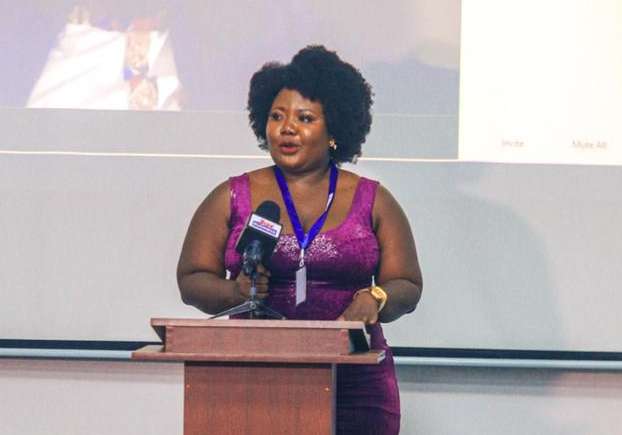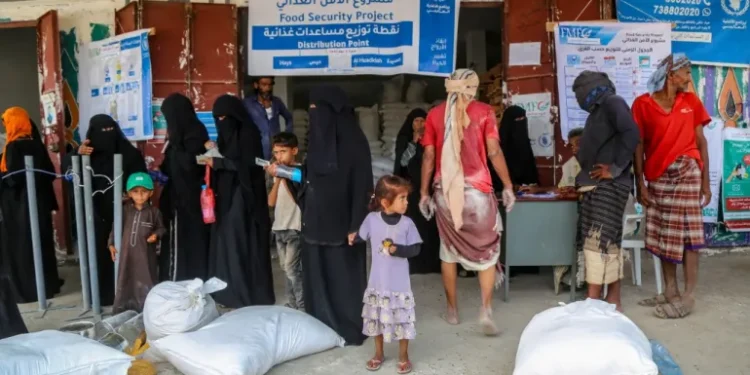The Bank of Ghana (BoG) has once again stepped into the foreign exchange market with an ambitious plan to inject $1.15 billion into the system, marking a significant move in its ongoing quest to stabilize the local currency amid external headwinds.
This latest intervention brings the total forex support for 2025 to over $2.5 billion, signaling the Central Bank’s sustained commitment to maintaining market confidence and exchange rate stability.
According to the BoG, the funds will be disbursed through twice-weekly, price-competitive spot auctions, open to all licensed banks. The announcement immediately sent ripples across the financial markets, as the cedi responded positively, appreciating by about 2.5% within days. This has renewed hopes among investors and market participants that the local currency might finally gain some breathing space after months of depreciation pressures.
To understand the broader implications of this bold monetary policy step, Vaultz News engaged Ms. Gifty Annor-Sika Asantewah, President of Women in Forex Ghana and a seasoned market analyst, to offer insights into what this means for the cedi, the forex market, and investor confidence.
A Strategic and Timely Move
According to Ms. Annor-Sika Asantewah, the BoG’s decision could not have come at a better time, given the continuous strain on Ghana’s foreign reserves and the increased demand for dollars from importers.
“The $1.15 billion injection shows the Central Bank’s strategic intent to anchor stability in the forex market, especially as we approach the final quarter of the year, a period typically characterized by increased import demand and capital outflows.”
Ms. Gifty Annor-Sika Asantewah
She explained that while such interventions are not new, the timing and size of this particular injection indicate a proactive stance by the Central Bank to address speculative pressures and restore investor trust.
“This move will help reduce panic and dampen speculative tendencies in the market. Traders and importers who were hoarding dollars in anticipation of further depreciation may begin to offload, easing pressure on the cedi.”
Ms. Gifty Annor-Sika Asantewah

Investor Sentiment and Market Confidence Strengthen
Market watchers say the cedi’s recent 2.5% appreciation reflects renewed optimism in the Central Bank’s strategy. The appreciation, though modest, signals a short-term victory for policymakers seeking to re-anchor inflation expectations and restore exchange rate stability.
Ms. Annor-Sika Asantewah agrees that investor sentiment has improved following the BoG’s announcement. “We’ve seen increased participation from investors in short-term government securities, and that’s a clear indicator that confidence is returning,” she observed.
“The Central Bank’s consistent communication and transparency around its auction framework are equally crucial in sustaining this positive outlook.”
Ms. Gifty Annor-Sika Asantewah
She also emphasized that the twice-weekly, price-competitive spot auctions will enhance liquidity and price discovery in the forex market. By allowing banks to bid competitively, the BoG ensures a more market-determined rate, which she believes is critical in maintaining fairness and transparency in the system.
“The more competitive the auction process, the more efficient the allocation of forex becomes,” Ms. Annor-Sika Asantewah stated. “It reduces distortions and ensures that genuine market participants can access forex at realistic prices, not speculative rates.”
Sustainability Concerns: A Short-Term Fix or Long-Term Stability?
While applauding the BoG’s decisive action, Ms. Annor-Sika Asantewah cautioned that forex injections alone cannot be the silver bullet for exchange rate stability. She stressed that the sustainability of the cedi’s recovery depends largely on structural reforms, export diversification, and increased forex inflows from productive sectors.
“Yes, this injection will bring relief, but it’s like administering a strong dose of medicine; it treats the symptoms, not the underlying condition. Without significant improvement in export revenues, foreign direct investment inflows, and remittance growth, the cedi will remain vulnerable to external shocks.”
Ms. Gifty Annor-Sika Asantewah
She also pointed out that fiscal discipline remains a key factor in ensuring the long-term success of these interventions.
“If fiscal pressures mount or government borrowing intensifies, it could offset the positive effects of the forex injection. Exchange rate stability must go hand in hand with prudent fiscal management.”
Ms. Gifty Annor-Sika Asantewah
Another critical factor, according to Ms. Annor-Sika Asantewah, is market communication. She commended the Central Bank for its improved transparency in publishing auction schedules and providing periodic updates on forex market activities. “Market confidence is not just about how much money is injected—it’s also about how clearly the Central Bank communicates its intentions,” she said. “Consistency in policy direction reassures market participants that there’s a steady hand at the helm.”
She further advised that banks and forex traders adopt a disciplined approach in their operations, emphasizing compliance with regulatory guidelines to prevent market distortions and unfair speculation.
The Cedi’s Path in Q4 2025
As the year draws to a close, the analyst predicts that the cedi could experience further appreciation if the BoG maintains its auction schedule and global commodity prices remain stable.
Ms. Annor-Sika Asantewah believes that maintaining this momentum will require coordination between monetary and fiscal authorities.
“A unified approach between the Bank of Ghana and the Ministry of Finance will be essential. If both institutions align their strategies—particularly in managing debt, spending, and reserves—then 2025 could end on a stronger note for the cedi.”
Ms. Gifty Annor-Sika Asantewah
All in all, the Bank of Ghana’s $1.15 billion forex injection underscores its determination to protect the cedi and restore market confidence. While short-term relief is already visible in the form of cedi appreciation and improved investor sentiment, the sustainability of this stability depends on deeper structural reforms and disciplined macroeconomic management.
As Ms. Gifty Annor-Sika Asantewah concluded saying, “Confidence in the cedi is being rebuilt, but we must remember that true stability is earned through consistent policy, transparency, and long-term economic transformation.”
READ ALSO: Mahama’s Galamsey Fight Non-Negotiable – Lands Minister Declares























